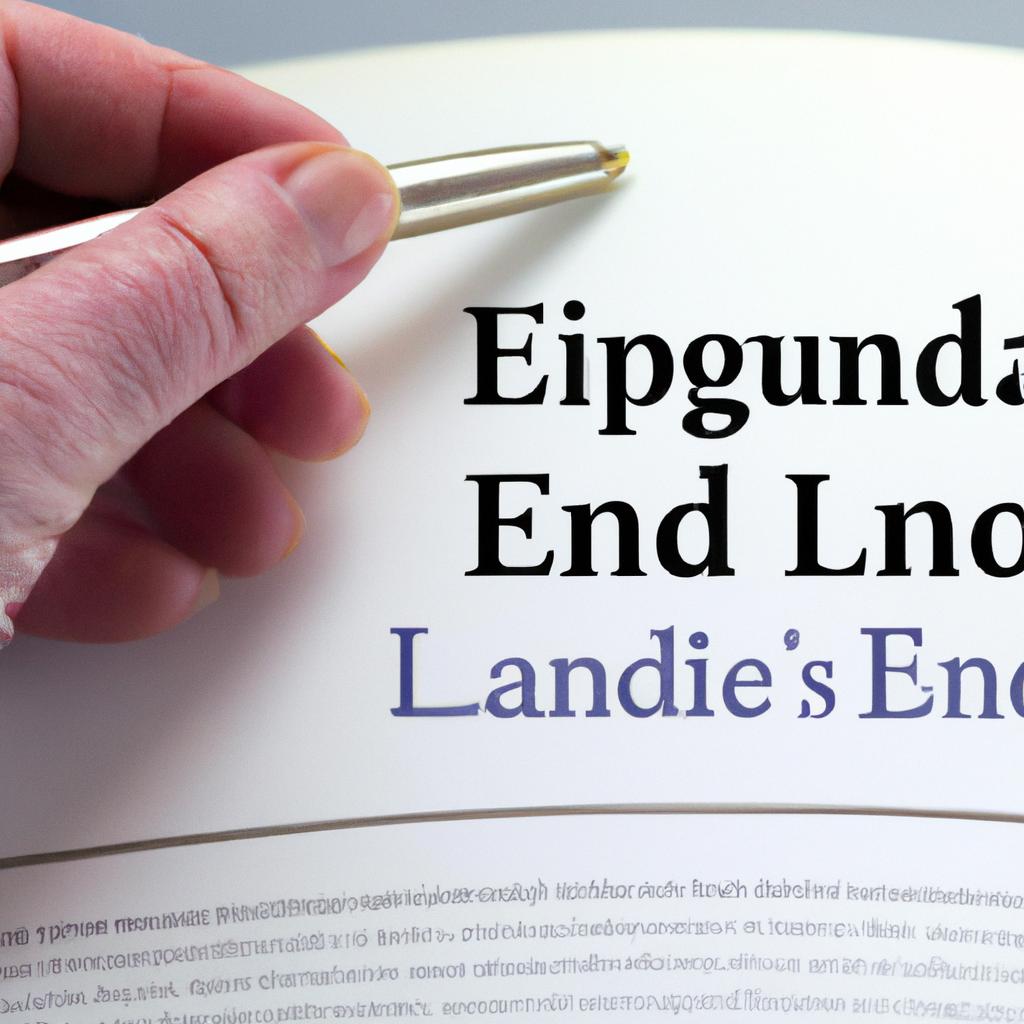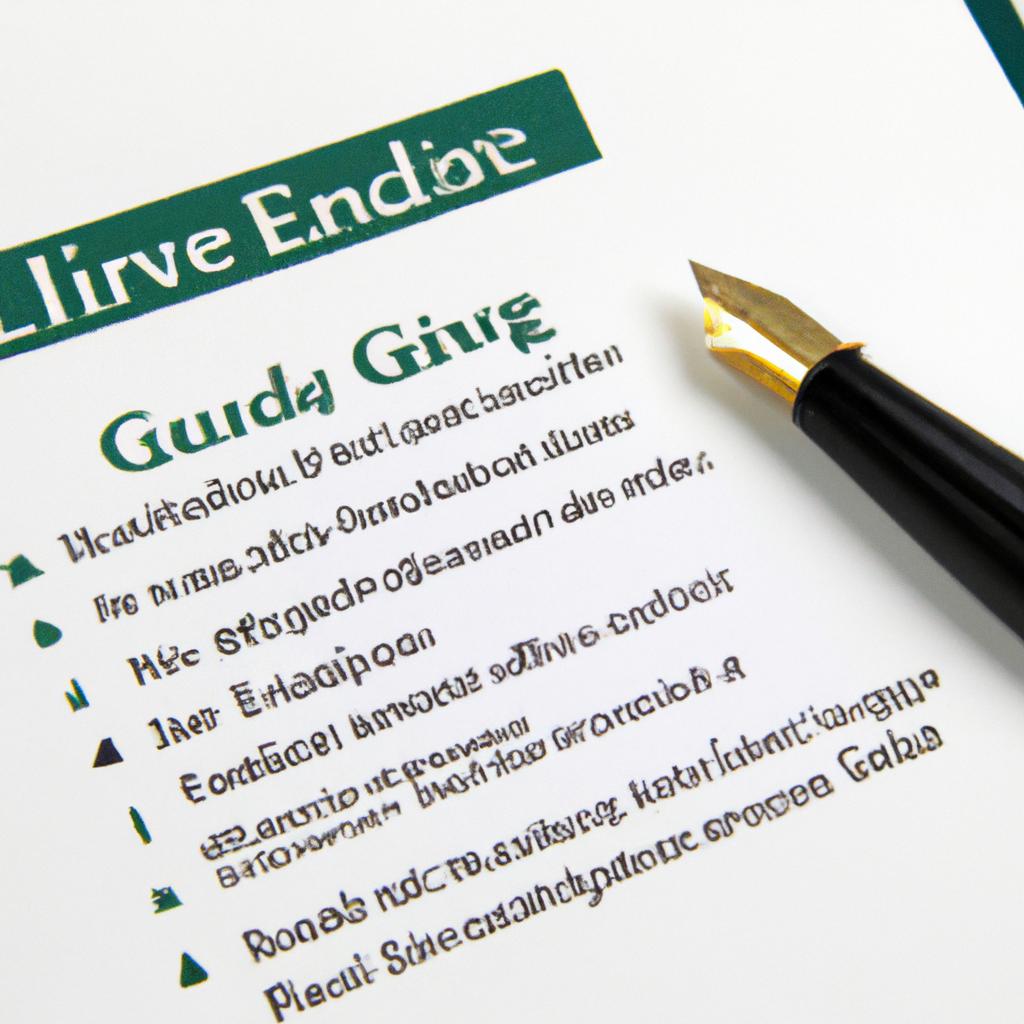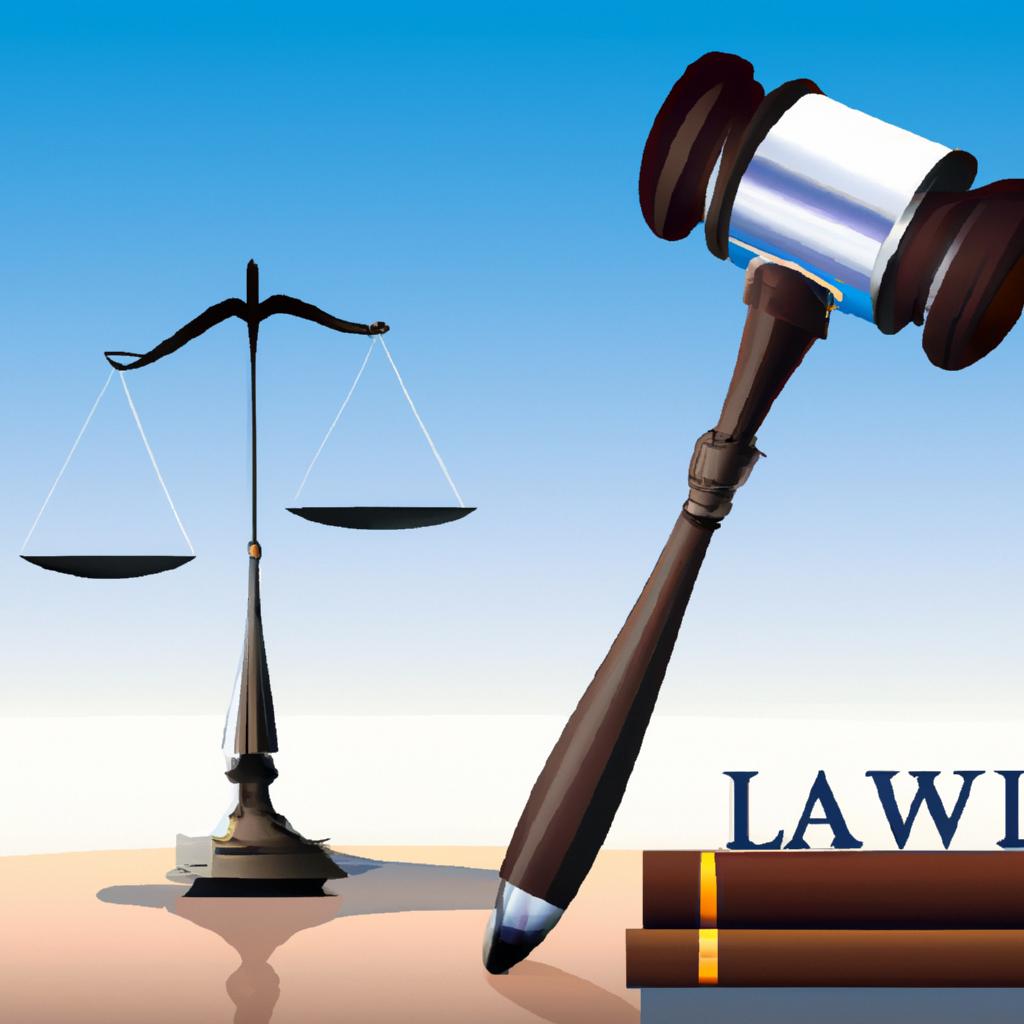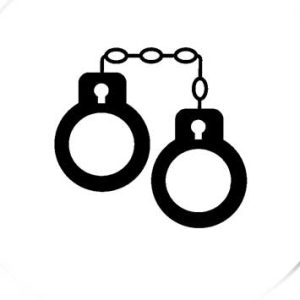In a world filled with uncertainty, one inevitable certainty that we all must face is the end of life. At Morgan Legal Group, we understand the importance of preparing for this unavoidable eventuality. Our team of experienced attorneys specialize in providing comprehensive guidance and support through every step of the end-of-life planning process. From estate planning to probate, elder law to drafting Wills and trusts, we are dedicated to helping individuals and families navigate the complexities of preparing for the final chapter of life. Join us as we delve into the essential considerations and intricacies of crafting a comprehensive end-of-life guide.
Understanding the Importance of an End of Life Guide
As an experienced estate planning attorney, I cannot stress enough the importance of having an end of life guide in place. This document serves as a roadmap for your loved ones, ensuring that your wishes are carried out when you are no longer able to communicate them. Without a clear guide in place, there is a risk of confusion, disputes, and emotional turmoil among family members.
Having an end of life guide provides peace of mind not only for you but also for your family members. It allows you to make important decisions ahead of time, such as medical preferences, funeral arrangements, and distribution of assets. By taking the time to create this guide, you are relieving your loved ones of the burden of making difficult decisions during an already challenging time.

Key Components to Include in Your End of Life Guide
When creating your end of life guide, it is crucial to include the following key components:
- Advanced Directive: Ensure that you have a legally binding document that outlines your wishes for medical treatment in the event that you are unable to communicate them yourself.
- Will: A will is essential for outlining how you want your assets to be distributed after your passing. Make sure to specify your beneficiaries and any specific instructions you have for your estate.
- Power of Attorney: Designate a trusted individual to make financial and legal decisions on your behalf if you become incapacitated.
Additionally, consider including information about your funeral preferences, organ donation wishes, and any passwords or important documents that your loved ones may need access to. By having a comprehensive end of life guide in place, you can ensure that your wishes are honored and your loved ones are taken care of during a difficult time.

Benefits of Seeking Professional Assistance in Drafting Your End of Life Guide
When it comes to planning for the end of your life, seeking professional assistance in drafting your end of life guide can provide numerous benefits. One of the main advantages of working with a knowledgeable attorney is the peace of mind that comes from knowing your wishes will be clearly documented and legally binding.
- Expertise: A skilled estate planning attorney will have the experience and knowledge to help you navigate the complex legal requirements and options available for your end of life planning.
- Customization: An attorney can tailor your end of life guide to meet your unique needs and preferences, ensuring that your wishes are accurately reflected in the document.
Overall, enlisting the help of a professional in drafting your end of life guide can provide you with the assurance that your affairs will be in order and your loved ones will be taken care of according to your wishes.
| Legal Assistance | Customization | Peace of Mind |
|---|---|---|
| Expertise | Personalized | Assurance |

Navigating Legal Complexities in End of Life Planning
When navigating the legal complexities in end of life planning, it is crucial to ensure that your wishes are clearly outlined and legally binding. One of the key aspects to consider is drafting a comprehensive Will that clearly states how you want your assets to be distributed after your passing. This document will help avoid disputes among your loved ones and ensure that your wishes are carried out according to your intentions.
Another important legal consideration in end of life planning is appointing a trustworthy executor to oversee the distribution of your estate. This individual should be someone you trust to carry out your wishes faithfully and efficiently. Additionally, it is advisable to create a healthcare proxy and power of attorney to designate someone to make medical and financial decisions on your behalf if you become incapacitated. These legal documents will provide you with peace of mind knowing that your affairs are in capable hands.
Q&A
Q: What is an end of life guide and why is it important to have one?
A: An end of life guide is a comprehensive document that helps individuals plan for their eventual passing and assists their loved ones in making decisions on their behalf. It is important to have one to ensure that your wishes are carried out and to alleviate any stress or confusion for your family members during a difficult time.
Q: What are some key components that should be included in an end of life guide?
A: Some key components that should be included in an end of life guide are a living will, advance directives, a list of important contacts, funeral and burial preferences, financial information, and any other instructions or wishes you have for your end of life care.
Q: How can someone go about creating an end of life guide?
A: To create an end of life guide, start by gathering all the necessary information and documents. Consult with a legal professional or estate planner for guidance on creating a living will and advance directives. Consider discussing your wishes with family members and loved ones to ensure that everyone is on the same page. Keep your end of life guide in a secure location and make sure to update it regularly.
Q: What are some common misconceptions about end of life planning?
A: One common misconception about end of life planning is that it is only necessary for older individuals or those with serious illnesses. In reality, it is important for everyone to have a plan in place in case of unexpected emergencies or accidents. Another misconception is that creating an end of life guide is morbid or unnecessary, when in fact it can provide peace of mind and clarity for both the individual and their loved ones.
Future Outlook
As we journey through life, it is inevitable that we will eventually come face to face with our own mortality. While the end of life may be a difficult subject to discuss, having a guide to help navigate this challenging time can offer peace of mind and comfort to both ourselves and our loved ones. By taking the time to plan and prepare for the end of life, we can ensure that our final moments are filled with love, dignity, and a sense of closure. Remember, it is never too early to start thinking about these important decisions. Embrace the journey ahead with open hearts and minds, knowing that you have the power to shape your final chapter in a way that reflects your true essence and legacy. Thank you for taking the time to explore this end of life guide, and may your path be filled with understanding and grace.
 Headline: The Complete End-of-Life Guide: Everything You Need to Know
Headline: The Complete End-of-Life Guide: Everything You Need to Know
Meta Title: Your Comprehensive Guide to End-of-Life Planning and Preparation
Meta Description: Discover the importance of end-of-life planning and preparation with our comprehensive guide. From legal documents and financial considerations to practical tips and first-hand experiences, we cover everything you need to know to ensure a peaceful and smooth end-of-life journey for you and your loved ones.
Introduction
The end of life is an inevitable part of our human experience. Yet, despite its certainty, many people are hesitant to discuss or plan for it. However, preparing for the end of life is not just about facing our mortality. It is also about alleviating unnecessary stress and confusion for our loved ones, making sure our wishes are respected, and addressing any unfinished business.
In this comprehensive end-of-life guide, we will cover everything you need to know to better understand and prepare for your final journey, from the legal and financial aspects to practical tips and first-hand experiences. So, let’s dive in and explore this important but often overlooked topic.
Legal and Financial Considerations
As you start your end-of-life planning, there are a few critical legal and financial matters to consider. These include creating a will, advanced directive, and power of attorney.
A will is a legal document that outlines how you want your assets to be distributed after your death. It also allows you to name a guardian for any minor children or dependents. Without a will, your estate will be subject to state laws and may result in your assets being distributed differently than you would have preferred. Creating a will can ensure that your final wishes are respected, and your loved ones are taken care of.
An advanced directive, also known as a living will, is a document that outlines your end-of-life healthcare wishes. It specifies what medical treatments you would want or not want if you are unable to communicate your wishes. This document provides important guidance to your loved ones and healthcare providers in difficult situations and ensures your medical preferences are honored.
A power of attorney is a legal document that gives someone else the authority to act on your behalf, should you become incapacitated. It is essential to choose someone you trust to handle your financial and other affairs if you are unable to do so yourself.
While these legal documents are an essential part of end-of-life planning, it is also crucial to review and update them regularly to ensure they reflect your current wishes and circumstances.
Practical Tips for a Peaceful End-of-Life Journey
Aside from the legal and financial considerations, there are practical steps you can take to ensure a more peaceful end-of-life journey for yourself and your loved ones.
1. Have open and honest conversations with your loved ones about your end-of-life wishes and preferences. Not only will this bring you closer together, but it will also ensure that everyone is on the same page and prevent any misunderstandings or conflicts in the future.
2. Consider creating a life review or recorded legacy. This can be in the form of a written letter, video, or audio recording, reflecting on your life and important memories. It is a beautiful way to leave a lasting legacy for your loved ones and share your wisdom and experiences with future generations.
3. Make arrangements for your pet’s care. For many people, their pet is a beloved member of the family. Ensure their well-being by making arrangements for their care in the event of your passing.
4. Plan your end-of-life celebration. While it may seem morbid, planning your end-of-life celebration can be a meaningful way to reflect on your life and say goodbye to your loved ones. You can choose to have a gathering, a memorial service, or any other event that aligns with your preferences and values.
5. Consider pre-planning your funeral arrangements. Doing so can alleviate the burden on your loved ones to make these decisions during a difficult time. It also allows you to have a say in how your final farewell will be carried out.
First-Hand Experiences
Hearing from people who have experienced the end of life themselves or have gone through it with a loved one can provide valuable insights and perspectives. Here are a few examples of individuals who have shared their experiences:
– “I was fortunate enough to have open and honest conversations with my father about his end-of-life wishes before he passed away. It made the grieving process much easier, knowing that we were honoring his wishes.” – Samantha
– “When my grandmother passed away, we discovered that she didn’t have a will, and it caused a lot of confusion and stress for the family. I learned the importance of having these legal documents in place to avoid any unnecessary conflicts.” – Michael
– “My aunt planned her own end-of-life celebration, and it was a celebration of her life rather than a somber funeral. It was a beautiful and memorable event that truly reflected her personality and wishes.” – Emily
Conclusion
In conclusion, end-of-life planning and preparation are essential for a peaceful and smooth journey for yourself and your loved ones. By creating legal documents, having open and honest conversations, and making practical arrangements, you can ensure that your wishes are respected and your loved ones are taken care of. Remember, it is never too early to start planning for the end of life, and doing so can bring you and your loved ones a sense of peace and comfort.







